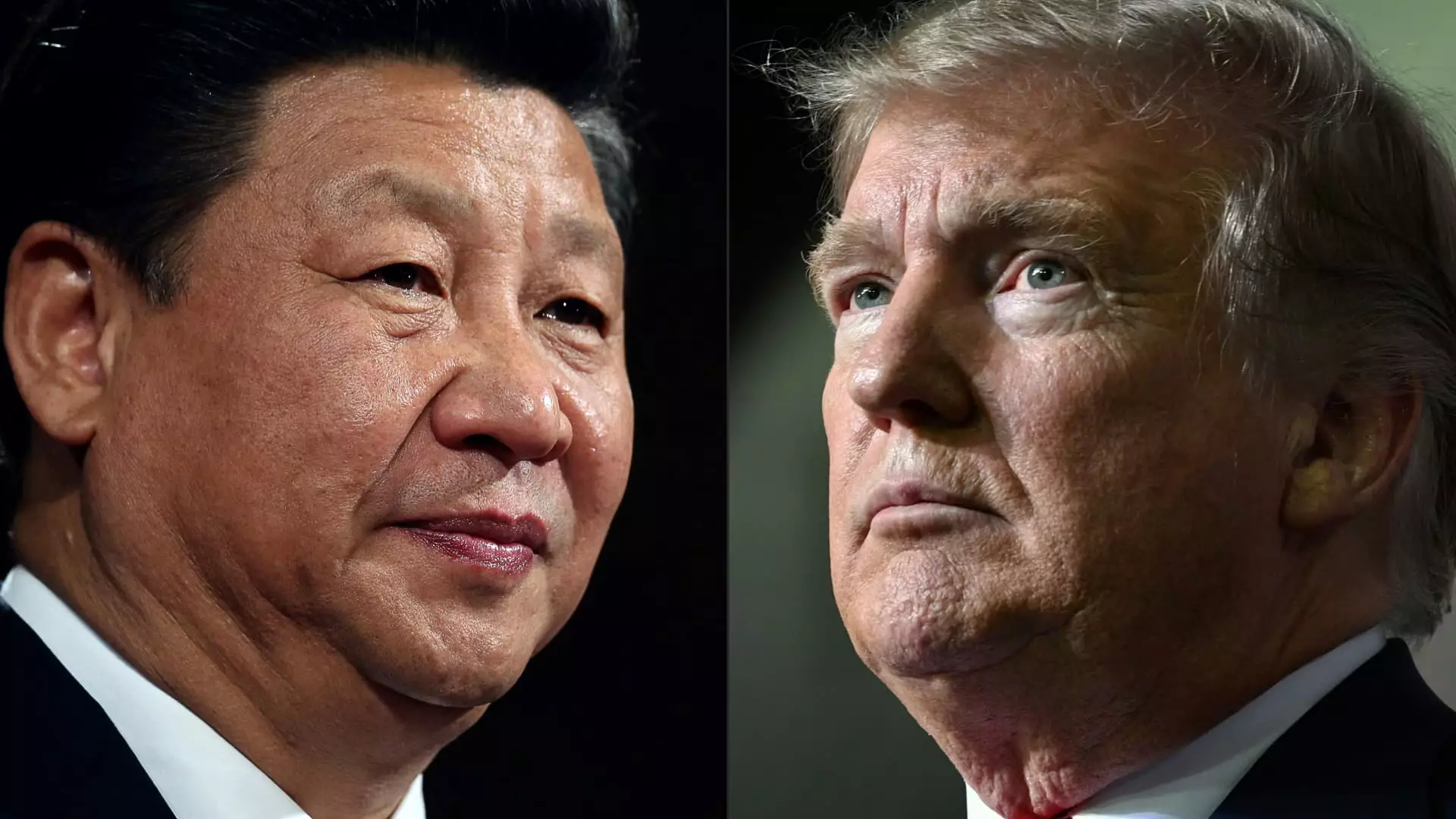In a recent announcement, President Donald Trump expressed optimism about an impending visit from Chinese President Xi Jinping to the United States. While he refrained from giving a specific timeline, Trump suggested that such a meeting could pave the way for a reassessment of the strained trade relations between the two economic giants. The prospect of Xi’s visit is viewed as pivotal in addressing the ongoing trade tariffs that have defined U.S.-China interactions, particularly in the context of their complex economic entanglements.
Trump’s assertion that a conversation between the two leaders might reset relations highlights the critical need for dialogue amidst an atmosphere fraught with mistrust and divergence in political ideologies. Such interactions have historically shaped the trajectory of U.S.-China relations and serve as a barometer for potential shifts in both economic and geopolitical landscapes.
The last significant visit by President Xi to the U.S. occurred in November 2023, when he met then-President Joe Biden, achieving some key agreements. These included the resumption of military communications and a mutual commitment to tackle the production of fentanyl, a substance that has contributed to the opioid crisis in the United States. Such diplomatic engagements reveal an underlying recognition on both sides of the necessity for communication, particularly on issues that transcend mere economic metrics and delve into broader societal impacts.
Despite this, the relationship has encountered substantial friction over various topics, including trade tariffs and cybersecurity. The thorny issues of TikTok’s ownership and operations have also emerged as focal points of concern, indicating how technological and social media platforms contribute to the larger dialogue of international relations.
Trump’s discussions regarding TikTok illustrate a broader strategy to negotiate terms favorable to U.S. interests, potentially leading to a sale of the application’s U.S. operations from its Chinese parent, ByteDance. This not only reflects an economic agenda but also a security concern that underscores Washington’s apprehensions about data privacy and cybersecurity with regard to foreign companies operating on American soil.
Furthermore, Trump’s remarks regarding Russia’s involvement in the ongoing conflict in Ukraine underscore the complexity of international diplomacy that extends beyond U.S.-China relations. His assertion about potential negotiations with President Vladimir Putin conveys a willingness to engage with global adversaries to mitigate conflict, highlighting a multifaceted approach to international relations that involves bargaining and strategic alliances.
The path to improved relations between the U.S. and China remains riddled with challenges. Issues such as human rights, tensions surrounding Taiwan, and the origins of COVID-19 continue to loom over diplomatic efforts. Moreover, as the global political landscape shifts, both nations must navigate their historical rivalries while recognizing areas for collaboration.
Trump’s optimism regarding potential deals, whether with China or Russia, may resonate with those yearning for stability and resolutions to current conflicts. However, the effectiveness of such negotiations remains to be seen, contingent upon mutual willingness to compromise and address entrenched grievances. The future of U.S.-China relations, characterized by an intricate interplay of cooperation and competition, will not only shape bilateral ties but also the broader geopolitical landscape.

